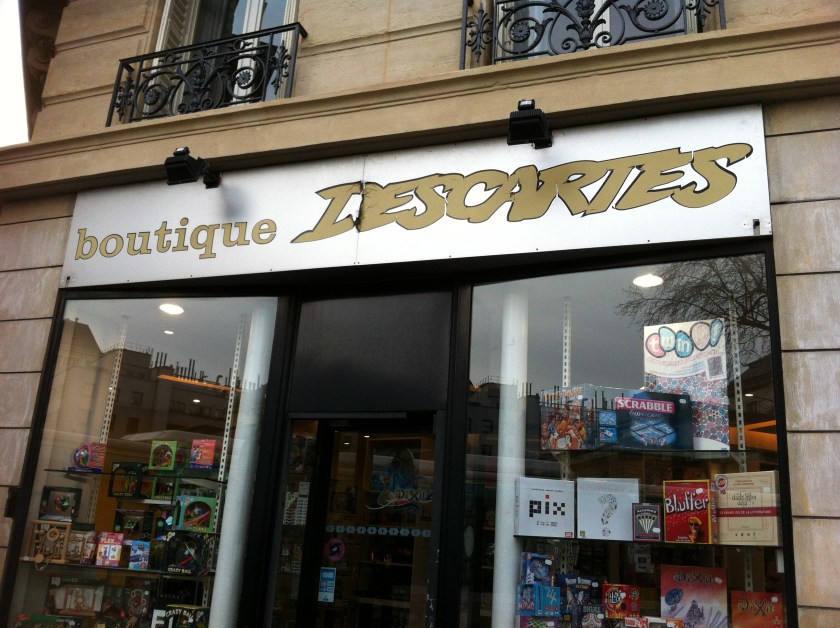Last year I attended the annual Values in Medicine, Science, and Technology Conference hosted in Dallas and organized by Matt Brown.
I got great feedback on my presentation, which ultimately grew into a paper. I hung out with old friends and made new ones.
So I submitted an abstract again this year. Today, I received an e-mail indicating that my paper was accepted along with an e-mail saying that the conference was canceled. The cancelation was inevitable, of course, but Matt had delayed officially canceling the conference until verdicts had been reached. This way would-be presenters can list the acceptance on their CV. It’s a classy move— I don’t need the line on my CV, but students and junior scholars might do.
My missing the conference this year is not a terrible imposition, really, since I missed it for eight years before attending at all. It is a small sacrifice, in the grand scheme of things— but these accumulate like rain drops on the tin roof that is my inability to land a metaphor.
Continue reading “On giving up many small things”



